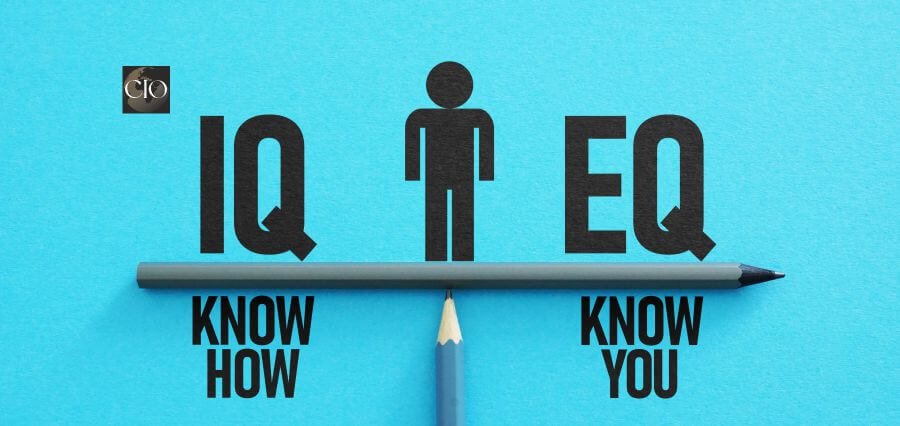At the business level, executive decision-making typically accompanies hard data, consumer research, and financial projections. These are essential tools, no doubt about it, but the best change agents understand that decision-making is art as much as science. Emotional intelligence—so often neglected in high-pressure boardrooms—is the subtle driving force behind the pivots that know-how becomes wisdom and strategy turns into success.
Beyond IQ: The Emotional Quotient Advantage
Intelligence will inform leaders, but emotional intelligence will let them work through people. Getting inside the heads and hearts of others, anticipating how they’ll react, gives leaders an edge in negotiating, crisis management, and change leadership. Stakeholder relationships as important as balance sheets in today’s business environment make EQ one of the defining characteristics of effective executives.
Self-Awareness: The Starting Point of Leadership Alchemy
This change starts with self-awareness. Executives who recognize their own hot buttons and biases are less prone to act impulsively and make decisions that sabotage long-term aspirations. Self-awareness helps executives step back, observe their mindset, and ensure that their decisions are based on clarity, not gut reaction. It is the inMirror that shows them not just who they are, but how they lead.
Empathy as a Strategic Tool
In the executive ranks, empathy is sometimes confused with softness. But it’s really a strategic giant. By being able to see employees’, customers’, and partners’ points of view and needs, leaders can make decisions that create trust, encourage loyalty, and bring people together. Empathy helps executives avoid potential conflicts before they arise and create solutions that meet both business goals and human needs.
Emotional Regulation in High-Stakes Moments
Executive choices often are taken at gunpoint. Emotional control—the power of remaining calm, level-headed, and concentrating when stressed—is the distinction between superiors and competent ones. It enables them to make choices on objective consideration of choices, shun instinctive choices, and keep their credibility intact even under critical situations. Emotional control thus becomes a stabilizing force within the whole organization.
Reading the Room: Social Awareness in Action
A successful leader relies heavily on the ability to intuit the unspoken dynamics in a room. Requisite to this is social awareness, one of the basic elements of emotional intelligence, that allows executives to get a read on the unspoken cues—tone of voice, body language, mood changes—that can either make or break the outcome of critical discussions. Social awareness ensures decisions are made with full consideration of the human context and not just operational reality.
Relationship Management: A Leadership Multiplier
Strategic decision-making is not a one-time event when a decision has been made; it goes on in implementation. Relationship management enables leaders to align teams, sustain stakeholder buy-in, and break through resistance in the process. Executives, by applying emotional intelligence to build close relationships, cement the implementation of their decisions with buy-in and cohesion.
The Alchemy of Data and Emotion
In the best executive decisions, fact and feeling are married. Facts provide the foundation, but emotional intelligence adds the wisdom that turns a decision from utilitarian to truly impactful. This is the alchemy of leadership—mixing logic and empathy, analysis and intuition, and authority and humility.
Shaping the Future Through Human-Centered Leadership
As businesses encounter increasingly complicated and ambiguous issues, the role of emotional intelligence in decision making will only increase. Leaders who can harmonize the rational and relational elements will not only perform better under a condition of uncertainty, but craft corporate cultures that thrive on trust, resilience, and shared purpose. For this, they are the authentic art of leadership alchemy.
Read Also: Crowdfunding, Peer-to-Peer Lending, and More




